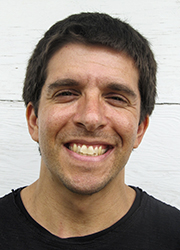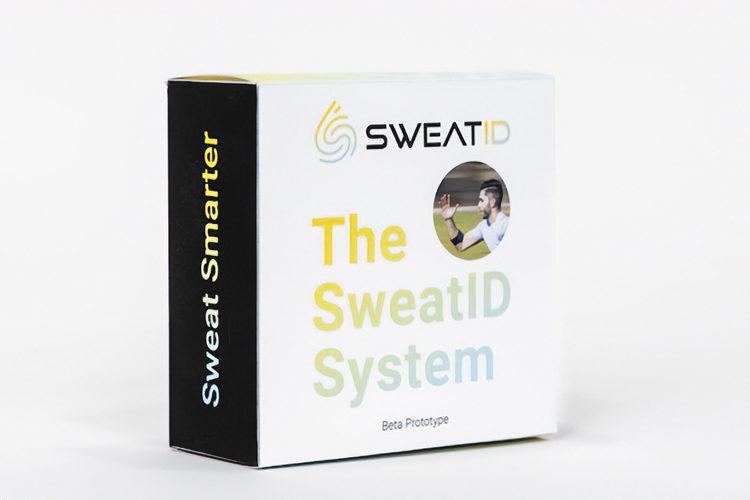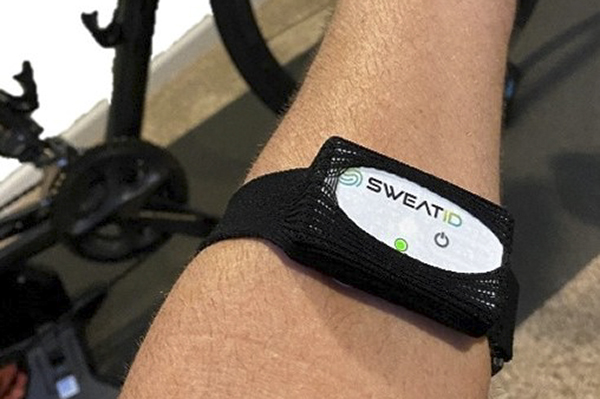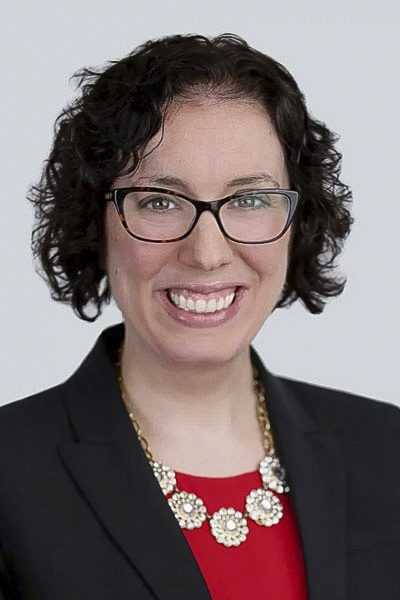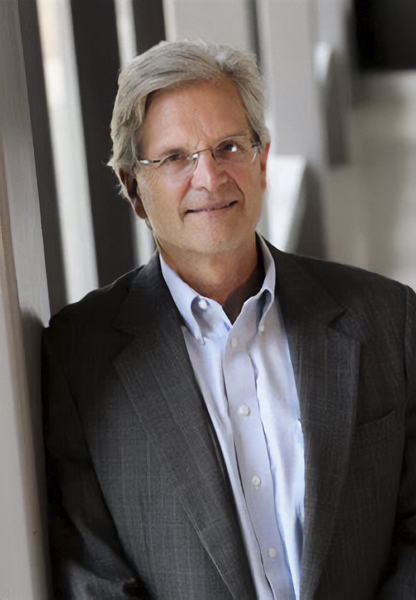A few good founders: New physical products the focus of manufacturing-based venture fund
While ideas are fuel for the economy, people are the engine that drives the whole shebang, says Jim Garrett, manager of a local seed fund putting capital into early-stage physical product and manufacturing ventures.
“The types of companies we invest in are enormously diverse,” says Garrett of the Ohio-focused Advanced Manufacturing Fund (AMF), a $2 million collaborative effort among the Manufacturing Advocacy and Growth Network (MAGNET), Cleveland business development service organization JumpStart, and a group of private stakeholders. “It’s so refreshing to see all these creative new ideas coming from so many people.”
The investment fund has seeded a varied portfolio since its establishment in late 2021—a list that includes a construction barrier manufacturer and a supplier of battery additives. A gap in available dollars for physical product creation birthed the AMF into existence.
“Venture money often goes into apps and software—things that have a quick payback,” says former MAGNET board chairman Felix Brueck.
“At MAGNET, we are dedicated to strong manufacturing in the region, so let’s do something about it.”
 MAGNET former board chairman Felix BrueckMAGNET is facilitating the program, but does not have a financial stake, adds Brueck. The AMF grew out of MAGNET’s MSPIRE pitch competition, which similarly centers on physical product startups. As the new fund came into being, MAGNET asked investors to learn about the types of companies that need the most assistance.
MAGNET former board chairman Felix BrueckMAGNET is facilitating the program, but does not have a financial stake, adds Brueck. The AMF grew out of MAGNET’s MSPIRE pitch competition, which similarly centers on physical product startups. As the new fund came into being, MAGNET asked investors to learn about the types of companies that need the most assistance.
MSPIRE winner SweatID became the first AMF recipient in 2022, receiving $200,000 to develop wearable fabric sensors that monitor hydration levels in athletes. Support of regional investors is both a financial and educational boon, with founder and chief technology officer Chelsea Monty-Bromer requiring guidance on positioning her product.
“The AMF ecosystem has great expertise,” says Monty-Bromer, also a chemical and biomedical professor at Cleveland State University. “If they don’t know how to do something, they’ll connect us with someone in their network to give feedback from a manufacturing point of view.”
A hot idea
The SweatID device takes aim at diminished performance, heat exhaustion and other issues faced by athletes and workers in high-heat environments. Monty-Bromer’s wearable fabric sensors replace unreliable plastic devices in measuring sweat levels so competitors understand exactly how to replenish themselves.
 SweatID lets you accurately measure sodium concentration in your sweat, providing the key to personalized hydration plans“Elite, high-level athletes and team sports or marathons are our target,” Monty-Bromer says. “They’re sweating and need to replace what they’re losing to increase performance and decrease injury risk.”
SweatID lets you accurately measure sodium concentration in your sweat, providing the key to personalized hydration plans“Elite, high-level athletes and team sports or marathons are our target,” Monty-Bromer says. “They’re sweating and need to replace what they’re losing to increase performance and decrease injury risk.”
Though previous funding from the National Science Foundation helped kickstart Monty-Bromer’s research, additional AMF dollars allowed the company to hire a chief operating officer and scale up its technology. With the program’s help, a recent prototype unveiling will be followed by a wider launch this summer.
Ultimately, being an academia-based research group presented a challenge that fund experts were willing and able to tackle, says Monty-Bromer.
“It’s very difficult to find funding for hard technology, and much harder to convince investors that you’re a good idea,” she says. “AMF opened the door for us to more investors.”
A feeling of satisfaction
As manufacturing startups typically need more time and capital, fund officials must first determine an idea’s scalability. AMF applicants often have a prototype and a plan, but a dearth of significant revenue requires a deep dive into a startup’s viability within the industry, says Brueck, the advocacy group chairman.
“We’re lucky, because a few calls to our network at MAGNET gets us world-class experts able to opine on these technologies,” Brueck says.
This sentiment is echoed by Andrea Navratil, director of new ventures for MAGNET. Founders who don’t get funding are still plugged into a network of eager collaborators, she says.
“They get support from start to finish - from prototyping, to operations, to the supply chain,” says Navratil. “After speaking to us, they know what they have to accomplish and what they need to do to move forward.”
High-risk investment makes the successes all the more gratifying, notes area investor Garrett. The AMF has funded eight companies, navigating owners through the fast-paced rigors of product creation to what ideally will become a lucrative future investment round.
Along with SweatID, the program’s additional archetypes are Toledo restaurant automation business Insitu Foods as well as Octet Scientific, a Euclid Avenue specialty chemical manufacturer with a concentration in battery performance.
Northeast Ohio funders are always seeking new investment opportunities, with Garrett interviewing 100-plus candidates in the last two years. The venture group will continue its search for the brightest talent in state – a people-centric endeavor backed by a traditional manufacturing spirit, Garrett says.
“We’ll talk to a founder for the first time; a smart person who’s hard working and has great technology,” he says. “If they don’t have a business focus, we’ll help get them in that direction.”
